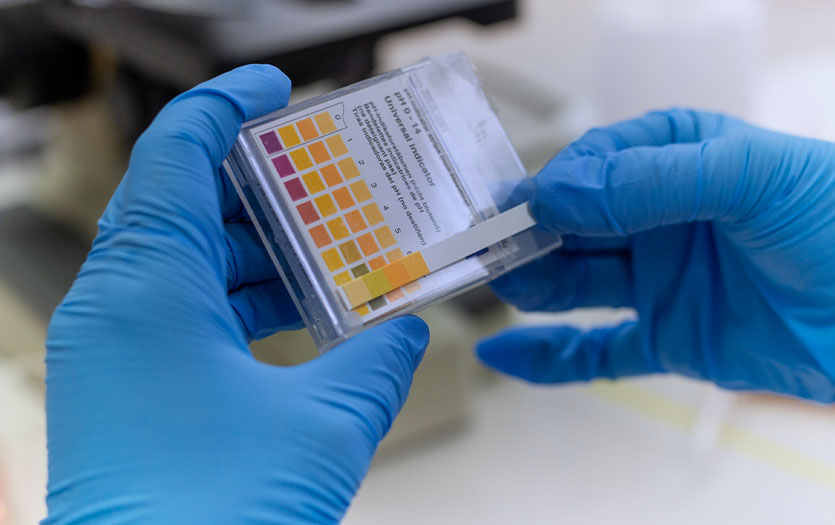
This post was written by Susan Bruick, RN, MSN, CDCES, diabetes care navigator, Parkview Health.
When you are diagnosed with diabetes, there is a lot to learn surrounding self-care. At Parkview, we put a lot of effort and care into our diabetes education so you can learn how to take care of your diabetes. We also help you identify barriers that you might need to overcome to best follow your diabetes treatment plan. Here are a few of those attributes that can be a hindrance to performing the proper self-care for diabetes treatment and some tips for how to overcome them.
Common barriers to diabetes self-care
Cognitive impairment – A diabetes diagnosis comes with a lot of new information. A patient might experience an inability to focus, process, retain and recall all the information shared by healthcare providers. Chronic high blood sugar levels or chronic low glucose levels can also hinder cognitive functioning. It’s important to discuss with your provider any possible difficulties that you experience and make a plan to alleviate these barriers so you can make your diabetes treatment plan work for you.
Diabetes distress – Diabetes distress is the ongoing emotional burden of living with a chronic disease. In the Dawn2 study, over 44% of people with diabetes experience a chronic feeling of being burdened by living with diabetes. If you are feeling the weight of living with a chronic disease, you may benefit from consults with a mental health professional.
Depression – Chronic diabetes distress can lead to depression. You may be experiencing depression if you feel a lack of interest in activities that used to be fulfilling. A disturbance in sleeping, eating or mood can also be indicators of depression. If you feel like you may be experiencing symptoms of depression, the PHQ9 screening tool can help you self-assess.
Low self-efficacy – Self-efficacy is an individual’s belief in his or her capacity to act in ways necessary to achieve specific goals. If you have a low self-efficacy, making goals and meeting them regarding your self-care can be difficult. However, you can build your self-efficacy through mastery of experiences. In other words, if you succeed in attaining goals, you will have more confidence that you can attain future goals as well. An example of practicing self-efficacy is setting realistic goals that have a measurable outcome with your provider. Set SMART goals. SMART stands for specific, measurable, achievable, reasonable and timely.
Poor problem solving – Managing a chronic disease and your own self-care will challenge your problem-solving skills. Diabetes self-care requires you to make daily adjustments and to adapt to new expectations every day. With practice, you can improve your problem-solving skills and adapting to new diabetes challenges will start to feel easier.
A skilled provider or a Certified Diabetes Care and Education Specialist (CDCES) can assess these potential barriers and identify appropriate treatment plans. If you’re living with diabetes, it is possible to manage your diabetes and master the self-management skills necessary for an optimal outcome.
You can contact your provider or Diabetes Care Services at Parkview Regional Medical Center to start your journey today, call 260 373 4280. Find more on Parkview’s Diabetes Care Services here.
Make sure you communicate any emotional complications or concerns to your care team. As an additional resource, the Parkview Behavioral Health HelpLine can be reached at 260-471-9440 or toll-free at 800-284-8439, anytime 24 hours a day.



